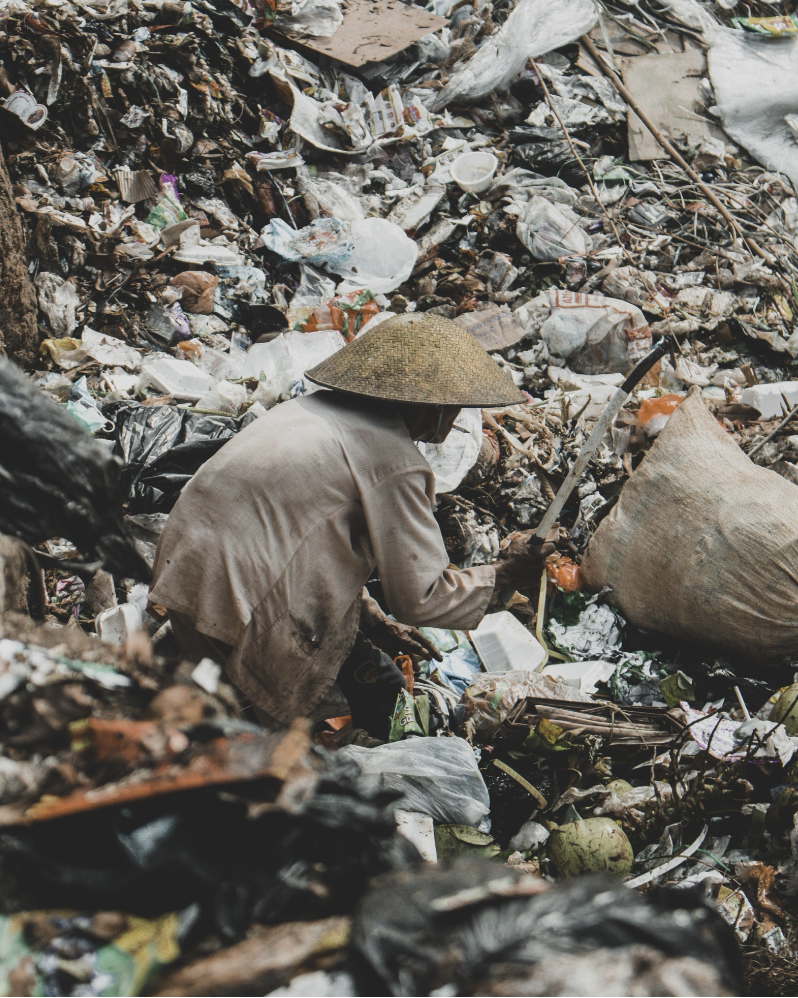Albis is developing biomaterials based on enviromental sustainainability for the supply chain.


NOWADAYS
We are living through a crisis
Soil pollution
If the current land pollution trend persists, the percentage is estimated to rise to 95% by 2050.
Some 3.2 billion people worldwide are negatively affected by contaminated land
Supply chain
Fallow fields
Albis goal is to delete the word plastic by creating plant biomaterials
01
A third of the plastic produced in the world ends up in the soil and it is estimated that the amount of plastics in terrestrial ecosystems is times greater than that in the oceans.
03
Without healthy soils, more than half of the UN’s Sustainable Development Goals are unattainable.
02
According to the WHO, more than 200 diseases - from diarrhea to cancer - are linked to the intake of contaminated food.
04
The global biomaterials market size is projected to reach USD 47.5 billion by 2025 from USD 35.5 billion in 2020, at a CAGR of 6.0% during the forecast period.
We are
in Dresden
WHY DRESDEN
The Silicon Saxony and the German Florence
Dresden is currently Europe's innovative, cultural and social heart, capable of attracting large investors such as Bosch (1 billion dollars). The industrial turnover of the Land is 67.4 billion. The key to success is an integrated system between industry, research institutes, and universities.
TU, the technical university in Dresden, has been among the 11 excellent universities in Germany since 2012.
Technology is a top priority in Dresden - with 36,000 students TU is the largest higher institution in the federal state of Saxony.
OUR MISSION
Our innovative startup has the primary goal of creating a European leader in the production of biomaterials arising from hemp, contributing to convert polluted soils and decrease the environmental impact caused by microplastics and heavy metals.
PEOPLE
German efficiency
Italian creativity
The main goal of the company is the R&D regarding any possible application in the bio technology field linked with bio polimers made out of plant biomaterials.


